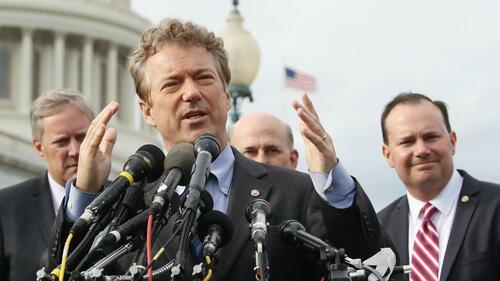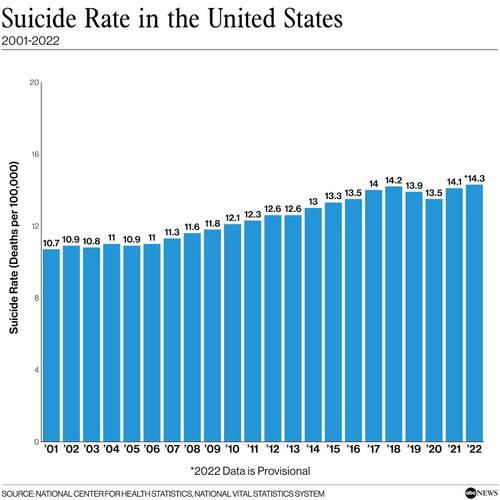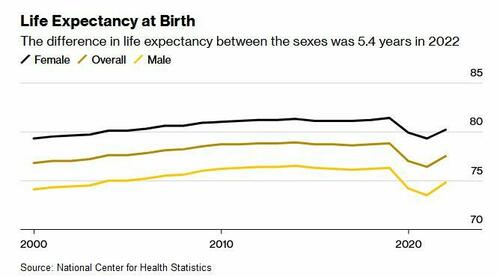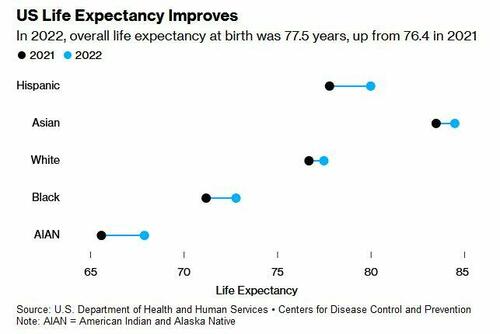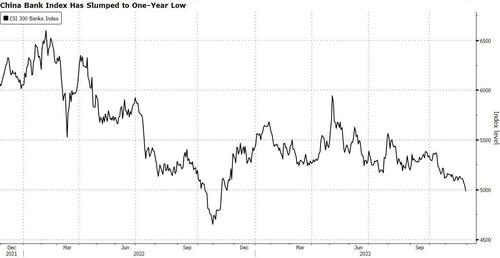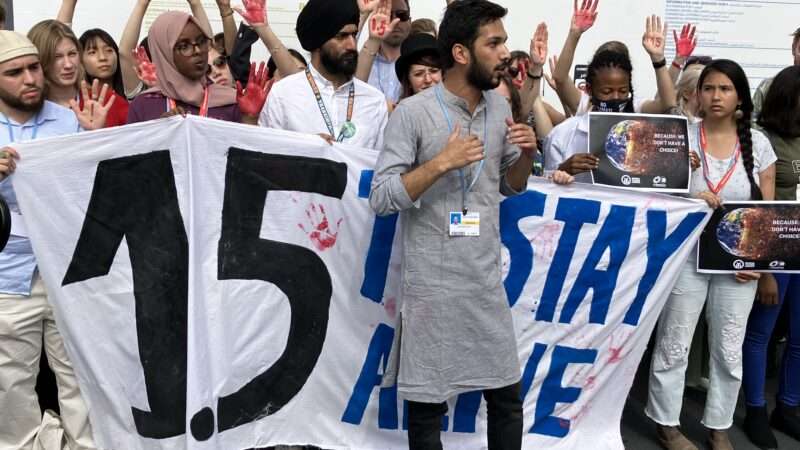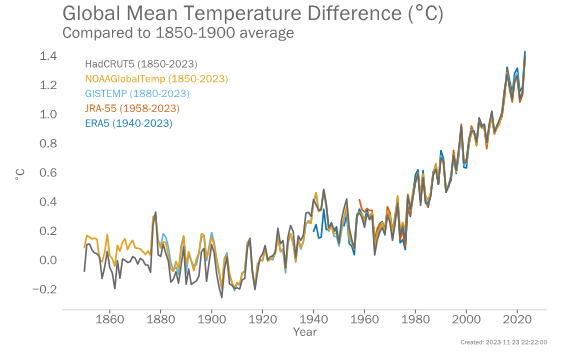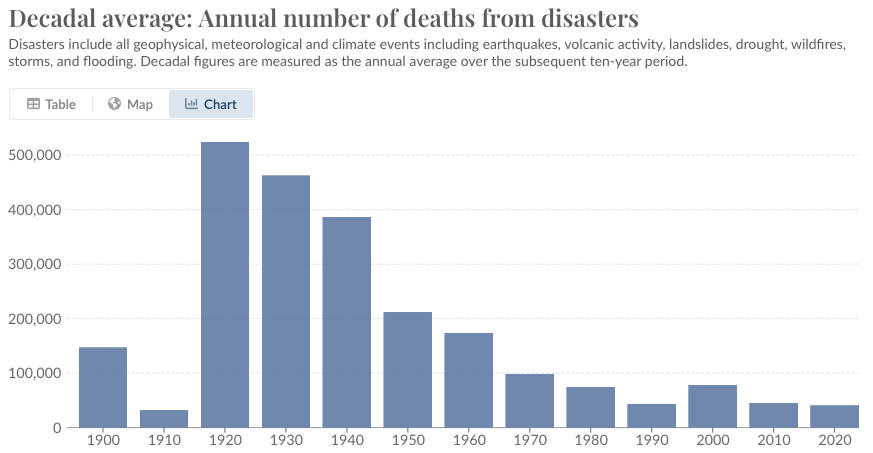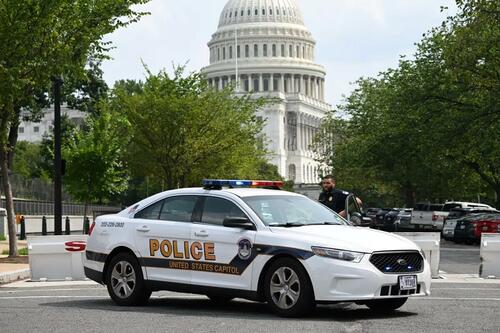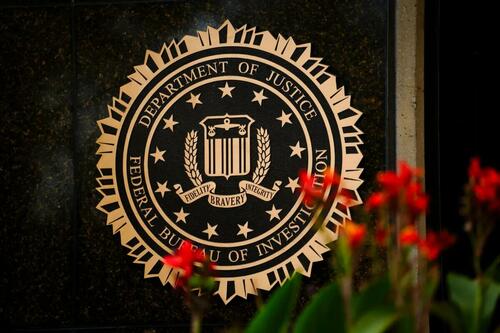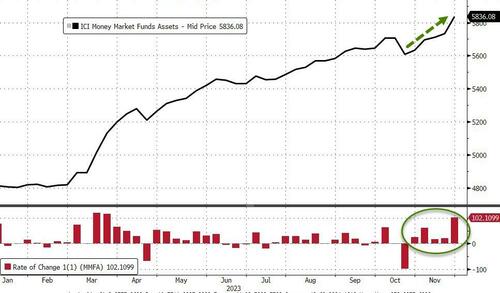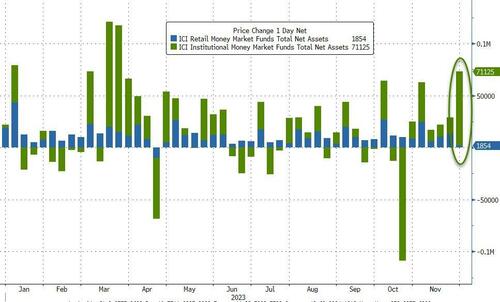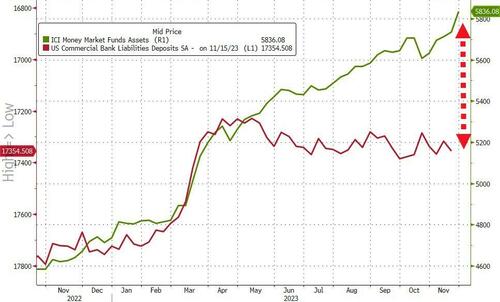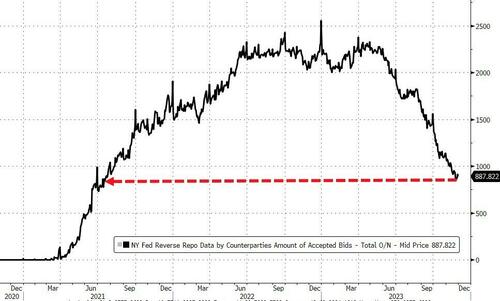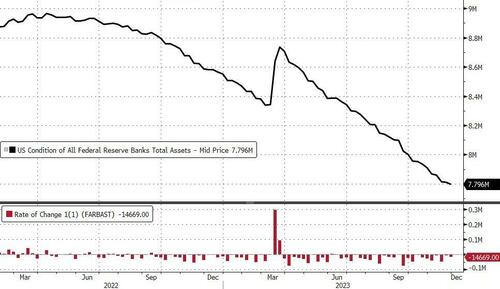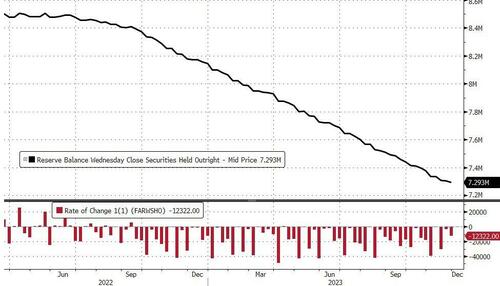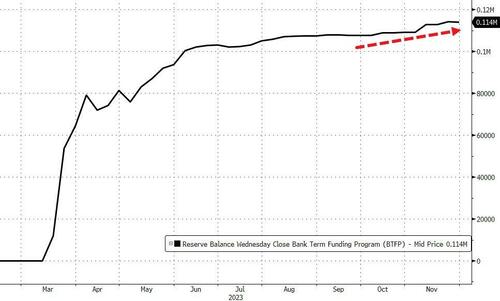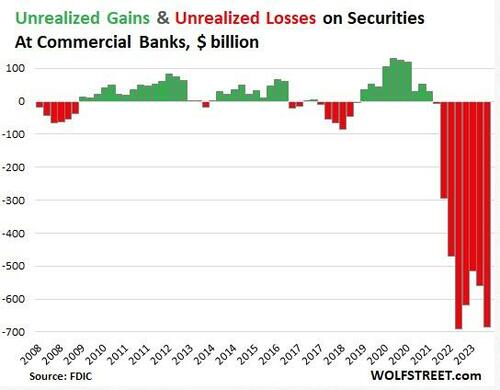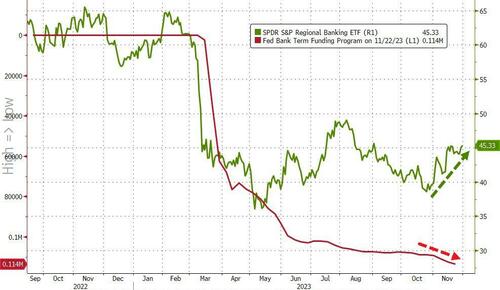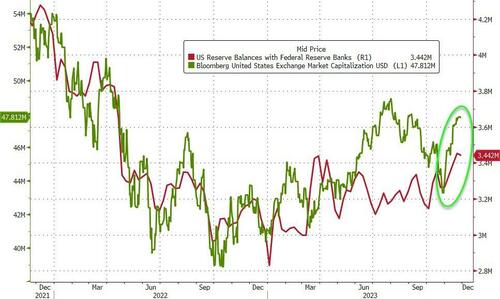Sen. Rand Paul To Force Vote On Syria Withdrawal
Authored by Dave DeCamp via AntiWar.com,
Sen. Rand Paul is planning to force a vote on a resolution he introduced to withdraw all US troops from Syria, as US bases in the country have come under frequent attack since mid-October, Responsible Statecraft reported on Wednesday.
Paul introduced the resolution on November 15, and it would order the removal of the approximately 900 US troops stationed in Syria within 30 days unless President Biden receives authorization for war from Congress.
Sources told RS that the vote could happen as early as next week. Rep. Matt Gaetz (R-FL) introduced a similar resolution in the House earlier this year, which failed in a vote of 103-321.
According to the Pentagon, there have been at least 73 attacks on US troops in Iraq and Syria, including over 30 in Syria. The attacks started on October 17 in response to President Biden’s support for Israel’s onslaught in Gaza.
The US has conducted several rounds of airstrikes in response, which have killed at least 15 people, according to US officials speaking to The New York Times. Strikes launched in Iraq targeted Kataib Hezbollah, a leading Iraqi Shia militia that’s aligned with Iran.
There has been a lull in attacks since the Israel-Hamas truce went into effect on Friday, but Kataib Hezbollah and other Shia militias have signaled the attacks will resume once the pause in Gaza is over.
The Iraqi government has warned without a durable ceasefire in Gaza, the war risks escalating into a major regional conflict. The US occupation of eastern Syria, which is strongly opposed by Damascus, has always been a possible trip wire for a broader war in the region due to Russia and Iran’s presence in the country.
“senior US military officials say that only luck has spared the United States from more serious casualties.”@dandcaldwell and I have been writing about this for a long time. A shame this article doesn’t even ask why we have troops in Iraq and Syria. https://t.co/DoUMPdpFhB
— Justin Logan (@JustinTLogan) November 29, 2023
On paper, the US is in the country to help fight ISIS remnants, but the occupation is part of the economic campaign against Syria, which also includes crippling sanctions, and is seen by hawks in Washington as a hedge against Iran.
Tyler Durden
Thu, 11/30/2023 – 18:20
via ZeroHedge News https://ift.tt/9YLqboh Tyler Durden
